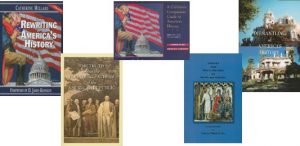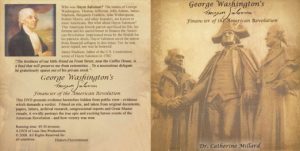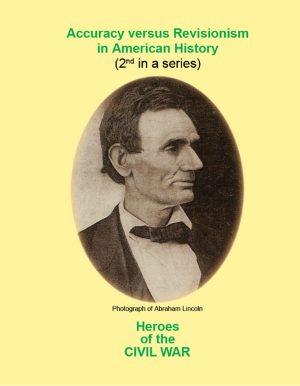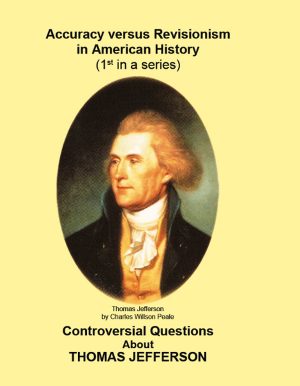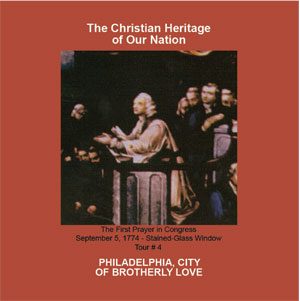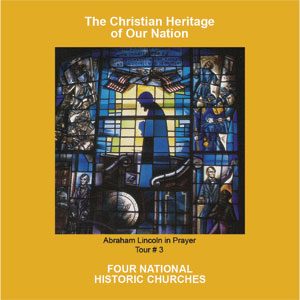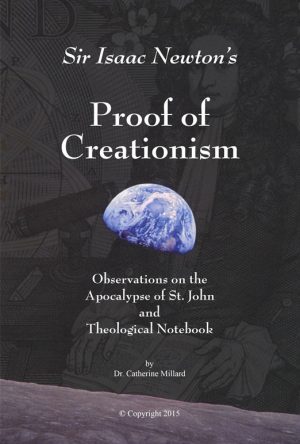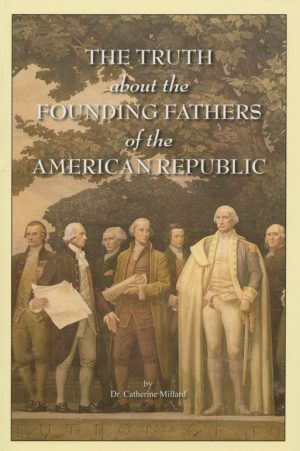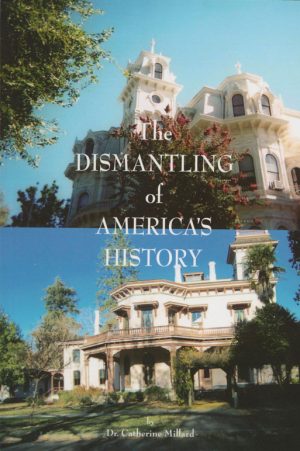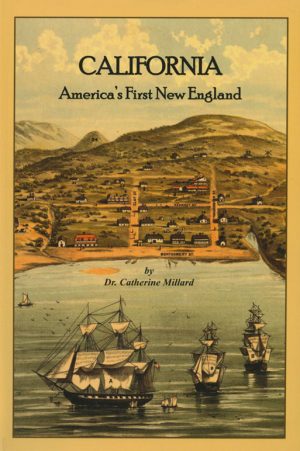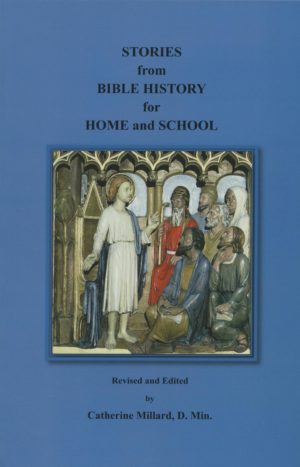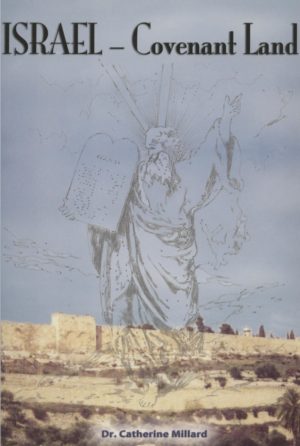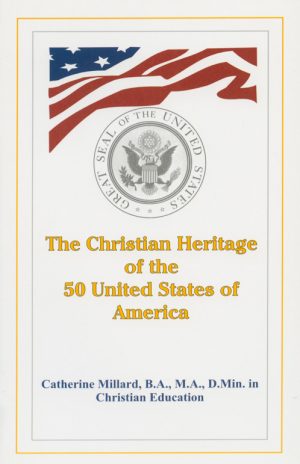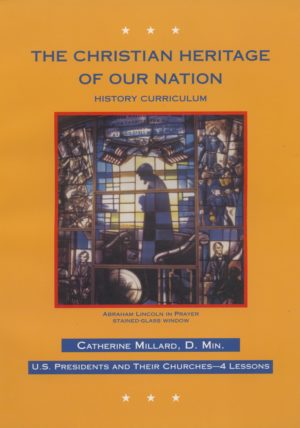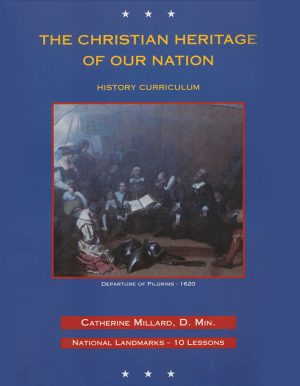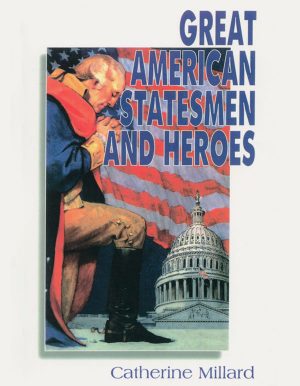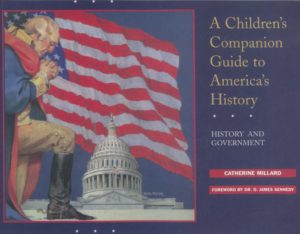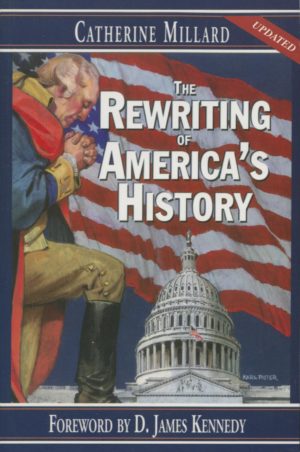John Adams, champion of the Declaration of Independence on the floor of Congress, died in Quincy, Massachusetts, on July 4th, 1826, five short hours after his lifelong friend, Thomas Jefferson’s death, and 50 years after the signing of the Declaration of Independence, July 4th, 1776. His last words were, “Jefferson survives, independence forever!”
A Sermon delivered July 9th, 1826, the Sunday following the death of the Hon. John Adams, a former President of the United States, by Rev. Aaron Bancroft, D.D., pastor of the Second Congregational Church in Worcester, Massachusetts, gives insight into Adams’ character, integrity and practice of the Christian religion, as follows:
SERMON
2 Samuel 23:3.
“The God of Israel said, the Rock of Israel spake to me,
he that Ruleth over men must be just, ruling in the fear of God.”
CIVIL Government is established by Divine sanction. The civil ruler is the minister of God, and is appointed to promote the order, peace and prosperity of society. He only is the legitimate ruler of Heaven, who habitually acts under impressions of his responsibility to His Maker, with a view to the welfare of those whose important interests are committed to his management, and from a regard to the final issue of the Divine administrations. My first position then, is this,
Moral qualifications are indispensable requisites in a civil ruler. The wisdom of all ages, and the experience of all time, unite to teach us, that the tranquility, strength, and happiness of society, depend on the virtue of its members. If moral virtue be the basis of public prosperity, then religion is essential to the security of this blessing, for a religious principle only has sufficient strength to support the conflicts of virtue. Vain is the expectation that political considerations will direct the actions of men without the aid of religion. The man, who looks no higher for the motives of his conduct, than to the rules of political morality, may in instances without number, be vile and despicable.
If moral qualifications be essential to the character of a good citizen, they must be indispensable to that of the ruler, who, by the power of office and the force of example, has controlling influence. The higher the office, the more it concerns public interest, that he, who fills it, should act under a sense of obligation to Him, who is higher than the highest. We can never rely on the fidelity of the ruler, who does not reverence the Governor of the Universe. Intellectual talents, and literary acquisitions, experience and courteous address are desirable attributes of public characters; these, rightly directed, are useful and ornamental on the seat of judgment and in the chair of the State; but without moral principle, these are only ability to do evil; and the greater are the accomplishments of that man, the more dangerous is the ruler. To the policy that deserves the name of prudence and wisdom religion gives its sanction; and the methods which religion prescribes for the management of public affairs, are usually more successful than is the cunning of the wily statesman…
When the present Constitution of the United States went into operation, our citizen was placed in the important station of Vice President, and was efficient in carrying the principles of the government into beneficial effect. At a very important crisis, he succeeded General Washington as President of the United States. The personal character of President Washington had saved, and perhaps his influence alone could have saved, the country from being involved in the destiny of infatuated France and the French Revolution, the government deeming it necessary to repel encroachments directed against the vital principles of a Sovereign Nation.
…But the brightest feature in the character of President Adams has not yet been presented to your view. He was a religious man. He lived under deep impressions of Divine superintendence, he reverenced the authority of God, and made religion the rule of his conduct. Firmly established, on the result of examination, in the belief of the truth of Christianity, he cordially embraced it, and lived in the habitual observance of its public institutions. No company was permitted to draw him away from his constant attendance on public worship: but he ever left those gentlemen around his table, who were not inclined to accompany him to the House of Prayer. He honored the Saviour by commemorating his death in the rite of the Last Supper, and his general conversation was such as becometh the Gospel. Under the infirmities of age, religion supported him, and he died in the expectation of being admitted into the society of just men made perfect, of becoming personally acquainted with JESUS, the Author and Finisher of our faith, and of dwelling forever in the fullness of the presence of God…1
To learn more, click here.
__________________________
Bibliography:
1
Bancroft, Aaron, D.D. Pastor of the Second Congregational Church in Worcester. A Sermon delivered July 9th, 1826, the Sunday following the death of the Honorable John Adams, a former President of the United States. Worcester: Charles Griffin, Printer, 1826.
